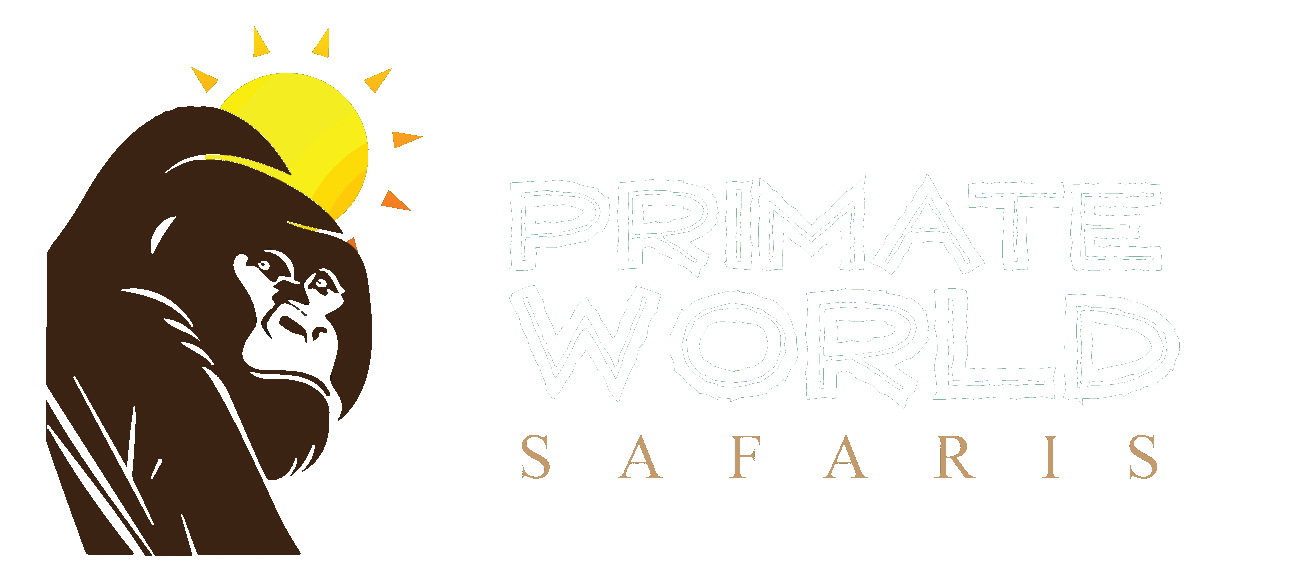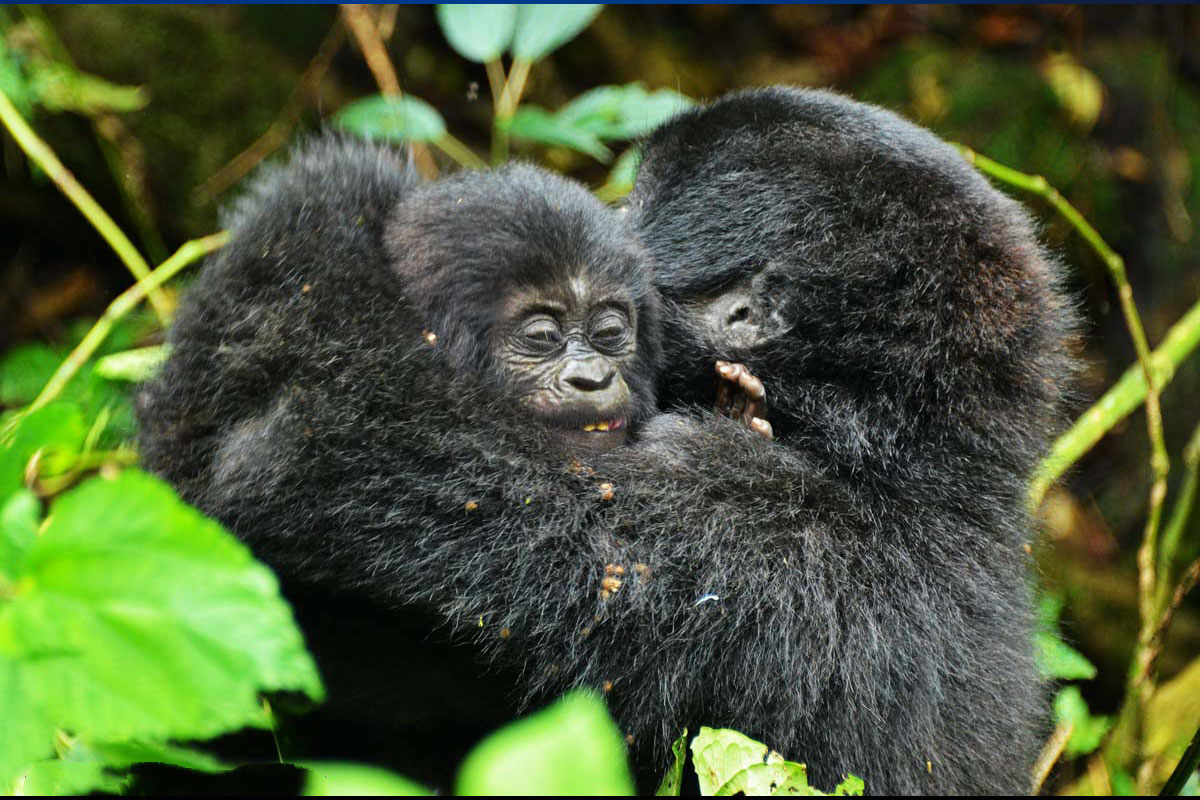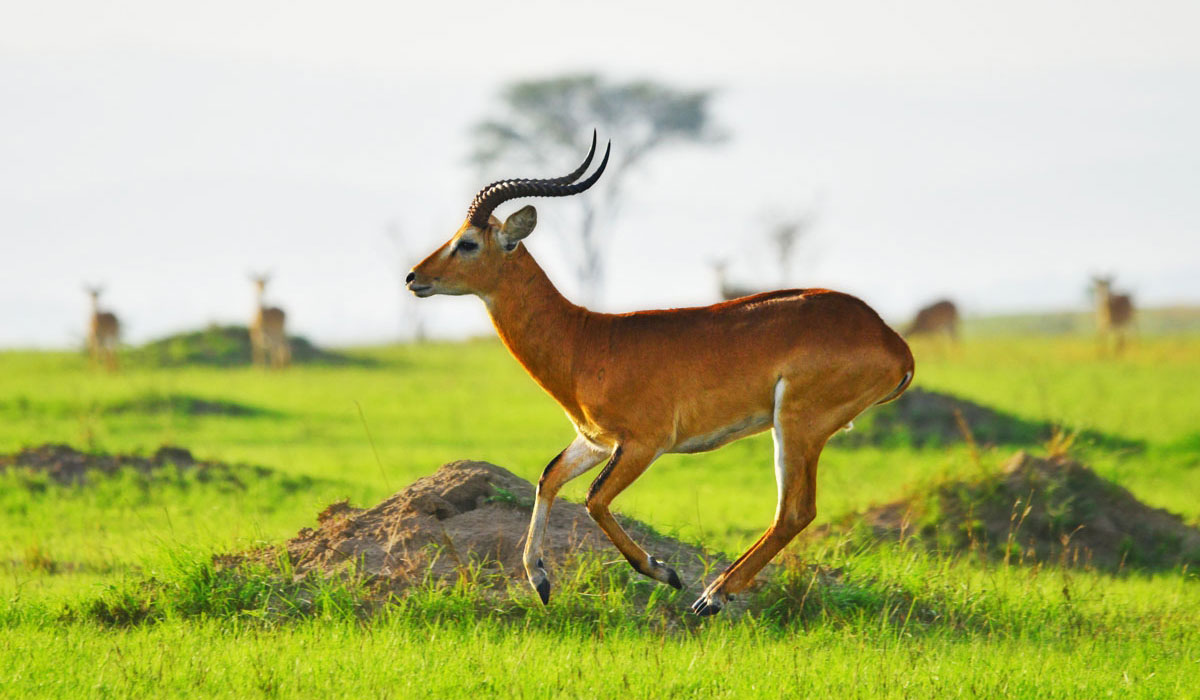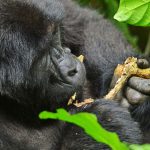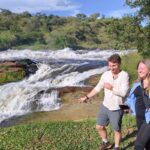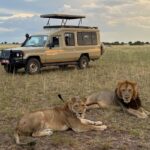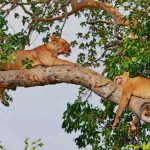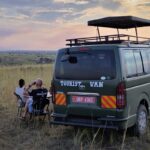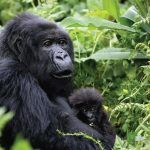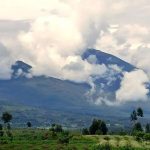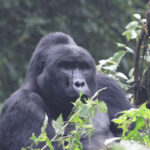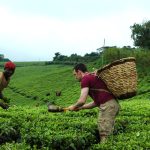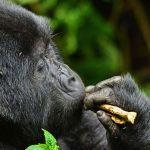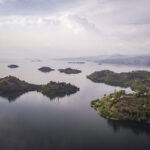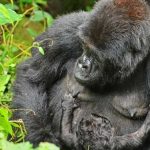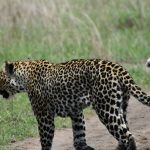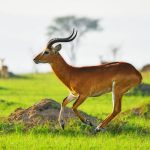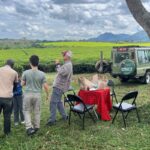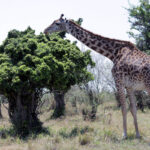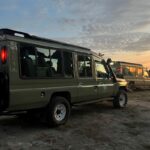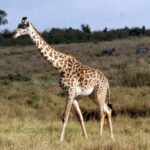These photography guidelines will help you understand the various do and don’t s of taking photos of your Uganda safari holiday.
Photography and videography can perform the magic trick of freezing a moment in time and bringing that moment back fondly even after so many years. This is even better when you have spared the time, money, and planning to enjoy an African safari of seeing various wildlife, landscapes, and cultures.
While you should not see the exciting things on your safari through the camera lens, we do encourage you to take photos and videos so that you can look back on them after some time with a fondness and rush that only you would truly experience.
In this article, we’ll give you a helpful overview of taking photos and videos on your safari. This is intended to help non-professional photographers capture great pictures for their collections.
Is Photography charged a fee?
There is no charge for personal filming and photography of the various places and attractions you will be visiting in Uganda for your holiday. This means you should feel free to carry and use your personal cameras as you go to visit the wildlife in the savannah parks, the gorillas and chimps in the forests, and climb the outstanding mountains of Uganda.
Professional photographers, filmmakers, and media houses should inform us at the time of booking such that the special procedures are kept in mind and respected. Professional photography and filmmaking has different needs and will incur extra costs depending on the specific requirements of the project.
Is it safe to Photograph in the wild?
You will be able to take photos safely. Your guide will brief you on the specific safety precautions and procedures of the various place you will be visiting.
On the wildlife game drives, you will stay within the car and take photos from the pop-up rooftop of the custom safari vehicle.
Best time to take photos
Generally, the best time to take photos is in the morning and evening hours. This is when the natural lighting is most favorable for taking pictures.
Since the above time is quite restrictive, we advise you to take some time and practice with your camera so that you are more familiar with various settings and environments. Get familiar with high dynamic range situations so that you can easily adjust your camera for the dark poorly lit forests and the midday sunny savannah.
Lenses to carry
Travelling takes advantage of all lenses whether they are wide or long/telephoto. Since you won’t have the time and energy to carry all kinds of lenses, we advise you to get one or two zoom lenses that cover the wide-angle pictures as well as the telephoto photos where you take pictures of distant animals or birds.
Depending on your camera brand, you will get many options for lenses. A zoom lens of 80-300mm should be ideal to combine with a wider 18-55mm lens. Cameras and lenses are a deep science that is really interesting, and if you are inclined, learn more about things like the exposure triangle and look at some lens reviews to understand them more.
Charging
There are various options for charging your camera batteries and other devices. You can charge at your hotel as well as use the car battery to recharge.
Generally, you should at least have a spare battery for your camera so that you don’t miss many great shots for the simple reason of a drained battery. If your camera can charge directly from a portable power bank, you should have it charged up and packed too.
Since many of the lodges rely on solar power, the charging situation might be less than straightforward. Simply talk to our guide and he/she will help you charge your camera or batteries.
Photography etiquette
Generally, you should ask for people’s permission before taking pictures of them. While it isn’t very easy asking people to take photos, most people will allow you to photograph them. Your guide will help you with the introductions.
You are not allowed to photograph government buildings related to security bodies such as the police and the army. This also applies to the building of the various embassies around Kampala.
Related articles
- General Uganda Travel Information
- Uganda visa requirements for tourists
- Is Uganda safe to visit?
